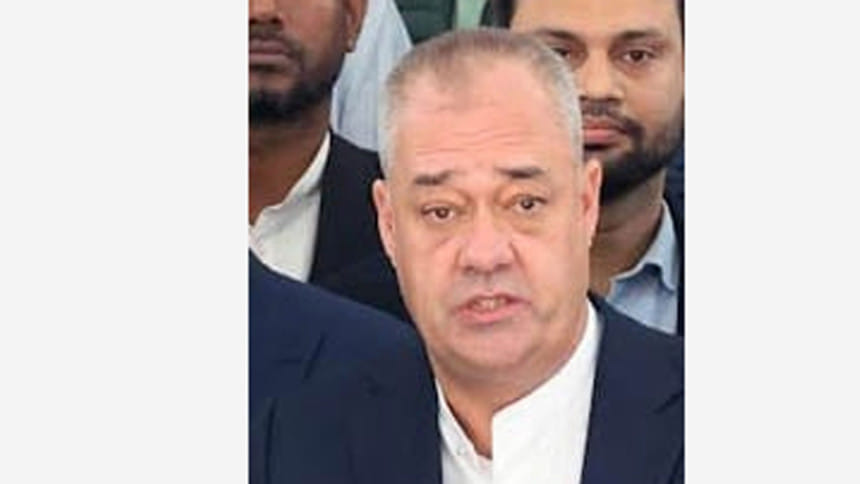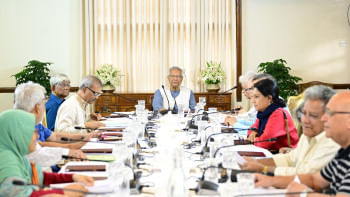Extradition of al leaders: Death penalty provision has to be reconsidered

Bangladesh has to rethink the death penalty if authorities want international support in trying members of the previous regime, said Toby Cadman, special adviser to the chief prosecutor of the International Crimes Tribunal (ICT).
"For a number of states, particularly European states, there is a refusal to extradite or to provide evidence about proceedings [to countries] where the death penalty is maintained," Cadman told journalists at a press briefing yesterday.
"That will have to be a discussion that the government will need to engage in about whether it is appropriate to maintain the death penalty in these proceedings.
"These proceedings will require the full assistance and support of the international community. I have discussed this with the United Nations, the UK and US embassies, and the European Union," said Cadman.
Describing the aim of this new chapter in the country's history as "towards justice, not retribution or revenge", the legal expert said that while the ICT has made significant improvements to ensure that international standards are maintained, some amendments are yet to be made.
Cadman is a prominent British attorney and co-founder of Guernica37 Law Chambers, a firm specialising in international law.
Cadman was once barred from entering Bangladesh, and he was Bangladesh Jamaat-e-Islami's legal adviser in London in 2011, during the trials of several top Jamaat leaders over war crimes committed during the 1971 Liberation War.
Briefing reporters at the court yesterday, Cadman expressed hope that India will respect Bangladesh's judicial process and extradite former prime minister Sheikh Hasina.
"There is an extradition treaty between Bangladesh and India, but we are also aware of what has been stated so far. I don't want to prejudge what India is going to do."
If India refused, Cadman suggested that a trial, in absentia, could proceed under the relevant international law.
He added that Bangladesh can potentially seek assistance from the International Criminal Court (ICC) if India refuses to give up Hasina.
"The International Criminal Court has jurisdiction over Bangladesh if Bangladesh is unwilling or unable to prosecute themselves. The question will be whether, in light of certain individuals being outside of the jurisdiction [of Bangladesh], they can be brought back to the country or whether it is more appropriate for the ICC to issue warrants for arrest, as they have done in relation to Vladimir Putin and Benjamin Netanyahu recently," he said.
Cadman, however, believes the vast majority of those who should be prosecuted need to be tried in Bangladesh.
Meanwhile, speaking on Cadman's role in these proceedings, ICT Chief Prosecutor Tajul Islam said, "Toby will advise and cooperate with the prosecution agency to ensure a free, fair, and impartial trial.
"He will make efforts to ensure that the trial is accepted as a legitimate judgement by the international community, and he will continue his efforts in this regard."

 For all latest news, follow The Daily Star's Google News channel.
For all latest news, follow The Daily Star's Google News channel. 








Comments